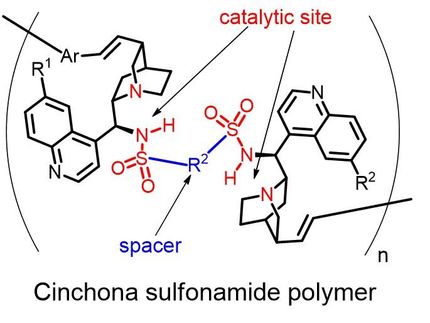Science and industry in dialogue: The future of boron chemistry
Focus on the latest developments in use of Boron Reagents and Organometallic Compounds in Organic Synthesis
From June 15 – 16, the 6th international BASF Boron Conference took place in Ludwigshafen. As in the years before, more than 100 participants from industry and academia attended the meeting to discuss current trends and new applications of boron compounds in fine chemistry. The increasing importance of the topic itself is mirrored in the growing popularity of the conference among the experts.
“We succeeded in gaining participation from internationally leading scientists from academia as well as from industry at our Boron Conference.” emphasized Dr. Michael Pcolinski, Vice President, Inorganic Chemicals North America & Global Business Management Life Science Chemicals in Evans City, Pennsylvania, USA. Prof. Victor Snieckus from the Queens University in Ontario, Canada and Prof. Dr. Paul Knochel from the Ludwig-Maximilians-University in Munich, Germany gave well received plenary lectures entitled respectively “Aromatic Metalation Synthetic Strategies. The Boron Connection” and “Preparation of polyfunctional heterocyclic organometallic building blocks for organic syntheses”.
In addition, several representatives from the industry, like Martin Woods from GlaxoSmithKline, presented their recent work in the field of applied boron chemistry.
As during previous conferences, the participants took advantage of the opportunity offered for open dialog: “For us as academic scientists, the ongoing exchange with industry representatives is of utmost importance as it is the only way to assure the development of truly useful and innovative new chemistry”, highlighted Prof. Dr. Knochel.
Boron based reagents as well as organozinc halides are getting more and more important in the fine chemicals industry. Commercially available boron compounds are used in the synthesis of life saving medications as well as in industrial applications.
Other news from the department business & finance
Most read news
More news from our other portals
See the theme worlds for related content
Topic world Synthesis
Chemical synthesis is at the heart of modern chemistry and enables the targeted production of molecules with specific properties. By combining starting materials in defined reaction conditions, chemists can create a wide range of compounds, from simple molecules to complex active ingredients.

Topic world Synthesis
Chemical synthesis is at the heart of modern chemistry and enables the targeted production of molecules with specific properties. By combining starting materials in defined reaction conditions, chemists can create a wide range of compounds, from simple molecules to complex active ingredients.


























































